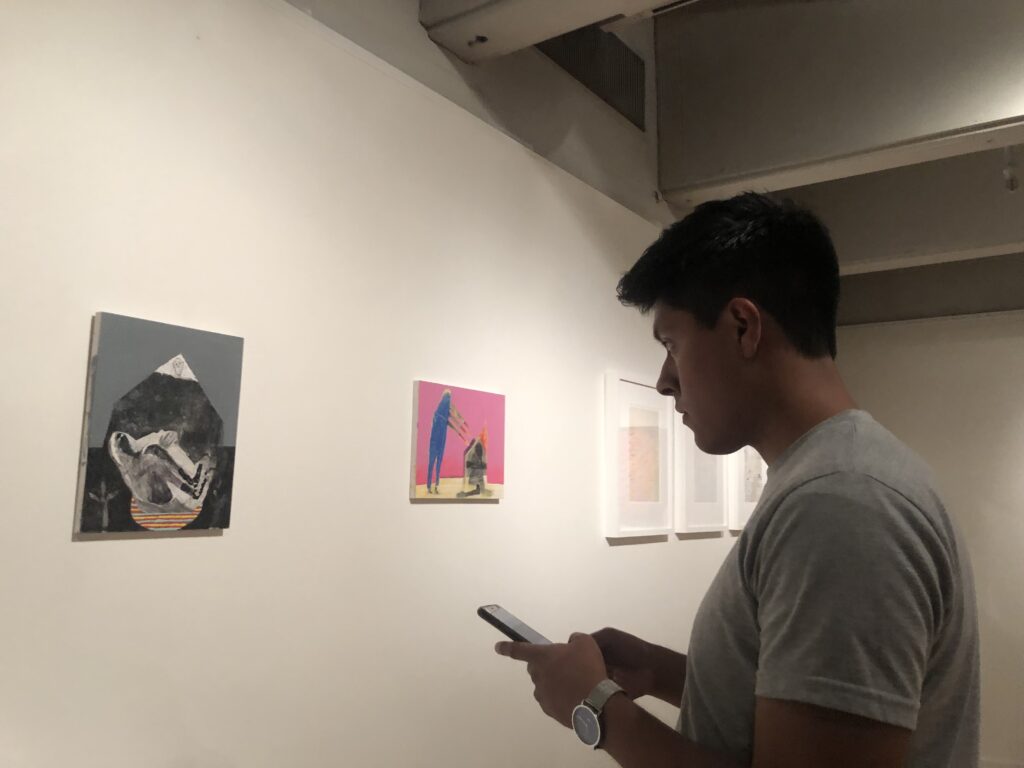
The COVID-19 pandemic brought a lot of uncertainty surrounding Peruvian BYU graphic design student Juan Gutierrez’s studies.
His parents owned a restaurant at the start of the pandemic and had to convert it to a small grocery store during the summer of 2020. “My parents had money saved so I could keep studying. I cannot imagine a situation in which (they) did not have money and stopped receiving business and (an) income. I would have had to move back home,” he said.
Unlike Gutierrez, many international students had to withdraw from their universities. According to data previously provided to The Daily Universe by BYU’s communication team, international student enrollment has sharply declined at BYU in the last year by 20% because of the COVID-19 pandemic, changing government policies and other factors.
The nature of online learning could also be contributing to the decline in international student enrollments. BYU pre-business sophomore Matias Gonzalez is from Chile and said the pandemic made school more challenging for him.
“For most of us international students, English is not our first language. Sometimes when we were watching the Zoom meetings it was just harder to participate, to get involved in the class and with the professor,” he said.
In addition to financial and online learning challenges, 2020-2021 international student enrollments may have declined because of changing visa standards. Gonzalez said a lot of international students fear renewing their visas because the U.S. Embassy is giving less visas than it used to.
“A lot of people from my country are coming to the U.S. and they won’t go back to Chile and stay there. So the U.S. is being more strict, especially after the pandemic,” he said.
BYU pre-business junior Fernando Ureta is also from Chile and affirmed this challenge. He said he thinks embassies have been declining visas because students are taking mostly online classes. He said a lot of embassies are probably thinking “Why would you go to the U.S.? You have to pay rent, food and stuff like that, but if you just stay in your country you can save money.”
He said these factors make it more difficult for international students to be granted visas during a pandemic that has required universities to convert to online learning.
Despite the challenges, these international students reported feelings of optimism about this academic year. Like many other students, they expressed excitement about being on campus again.




